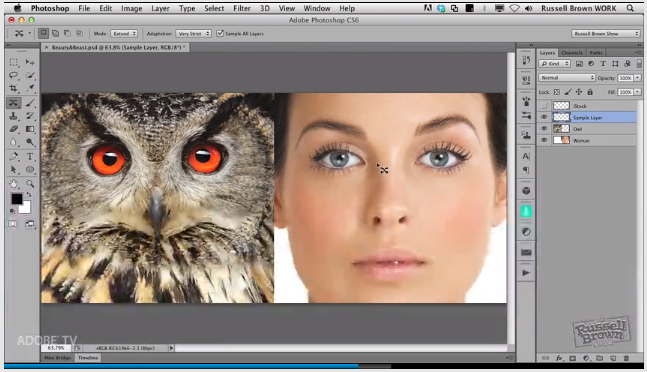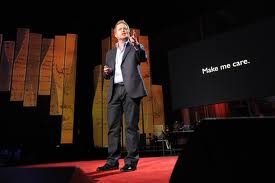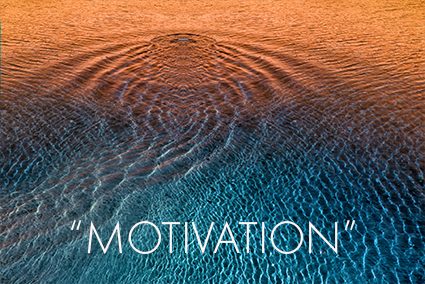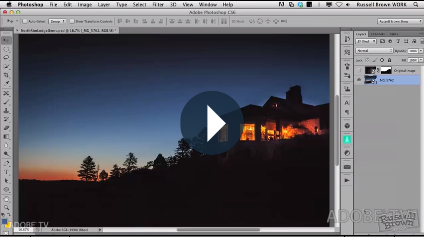
Path I, Death Valley, California, 1999
You may have heard the phrase, “You’re responsible for everything that’s included within the frame of your images.” Few stop to consider that this also means, “You’re responsible for everything that’s not included within the frame of your images.” We can eliminate objects in the frame in many ways – moving the frame, moving objects, and retouching are the three most common and progressively make pre-visualization more challenging. All three practices came into play while making this image.
One day, I drove to a remote corner of California’s Death Valley National Park called the Racetrack a location famous for the unusual paths that rocks made on the clay playa’s time-cracked mud. Theories about the cause of this mysterious phenomenon include ice, wind, magnetism, and extraterrestrials. The playa was wet when I arrived and couldn’t be walked on without leaving new tracks. (The park requests that people not make new tracks and only walk on the playa when it is dry.) So, I made exposures without tracks and later made new ones virtually, digitally removing cracks from the image selectively to form the appearance of a path. By removing something old, you can create something new. Elimination can be more than a matter of hiding, it can also be about revealing.
The art of composition and storytelling is indeed as much about what is not included as what is included. Making these decisions is more than choosing an angle of view, it’s the beginning of a point of view.
Questions
How many ways and to what end do you typically eliminate things from your images?
How many other practices of elimination can you imagine?
How would practicing other forms of elimination change the nature of your images?
The Story Behind The Story Behind The Image
(Years later, photographer Jay Maisel commented on this image, “That’s a good one. I’ve got one, just like it. Only mine’s more pure. I drove my car out on the mud.” (I assume he did this at another location.) “Mine’s more ‘environmentally friendly.’” I responded, only half in jest, as I consider a majority of my work a form of virtual environmental sculpture. I do this kind of work virtually and ephemerally because I’m working in a culture that doesn’t have a common land use ethic, and I don’t want to impose my interpretation of the land on others and future generations, particularly in pristine places, whether public or otherwise.)
Read more The Stories Behind The Images here.


















